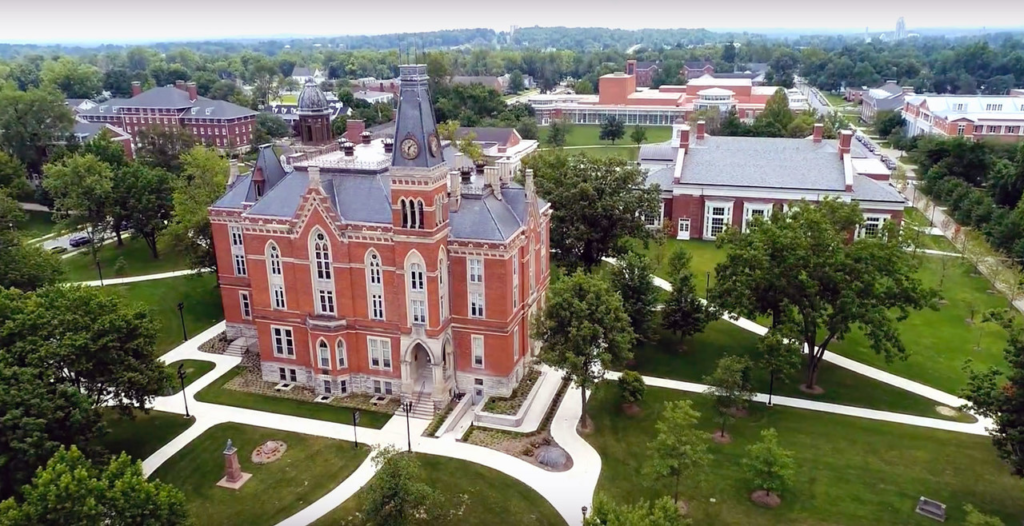
In today’s interconnected world, being an international university involves more than simply crossing geographic borders. It signifies a commitment to global engagement, cultural diversity, and academic excellence. These institutions cultivate environments where students and faculty thrive within a multicultural and globally connected framework. Below are five defining characteristics that set a truly international university apart.
A Diverse Community of Students and Faculty
An international university stands out by attracting a diverse mix of students and faculty from various countries and cultures. This inclusivity fosters cross-cultural exchanges, enriching the learning experience and equipping students with a global perspective for success in today’s interconnected world. These universities also host global events, support research collaborations, and offer study-abroad opportunities, helping students expand their horizons and deepen cultural understanding. Graduates leave not only academically skilled but also culturally aware.
Strong Global Partnerships and Collaborations
Global partnerships are key to any international university. By teaming up with institutions, industries, and organizations worldwide, these universities enable joint research, student exchanges, and global internships. These collaborations promote knowledge-sharing, attract top talent, and foster cultural understanding. They empower students and faculty to drive innovation, tackle global challenges, and create sustainable solutions through teamwork. Such partnerships offer students opportunities beyond the classroom, preparing them for global leadership roles.
Comprehensive Study-Abroad Opportunities
Study-abroad programs are integral to the identity of an international university. Immersive international experiences enable students to engage with different cultures, broaden their global perspectives, and hone critical skills such as adaptability and cross-cultural communication. These opportunities not only contribute to personal and professional growth but also provide students with a competitive advantage in the global job market. By living and learning in diverse environments, students gain unique insights, enhance problem-solving capabilities, and develop a profound understanding of cultural diversity and international collaboration.
Emphasis on Multilingual Education
Learning multiple languages is key to global engagement. International universities emphasize multilingual education to foster cultural appreciation, inclusivity, and broader perspectives, while also boosting employability and interpersonal skills. Mastering multiple languages helps students bridge divides and address global challenges with confidence. Nobel Peace Prize winner Malala Yousafzai is a powerful example. Fluent in Pashto, Urdu, and English, she uses her language skills to unite global audiences and advocate for education reform, showing the impact of multilingual communication.
Commitment to Addressing Global Challenges and Advancing Research
A truly international university is deeply committed to addressing global challenges through education and research. These institutions engage in interdisciplinary efforts to confront pressing issues such as climate change, public health, and technological innovation. By collaborating with global organizations, fostering cross-border partnerships, and empowering students to become agents of change, they contribute to meaningful solutions that positively impact communities worldwide. This dedication ensures that these universities not only shape future leaders but also actively participate in advancing global progress.
York University exemplifies the characteristics of a truly international institution, with its commitment to diversity, global connections, and addressing critical worldwide challenges. Initiatives such as York University Safety underline the importance of fostering secure, inclusive environments. The York University strike has concluded following the union’s approval of a tentative agreement. International universities enhance education, prepare students for leadership in a globalized world, and drive progress to build a better future.
